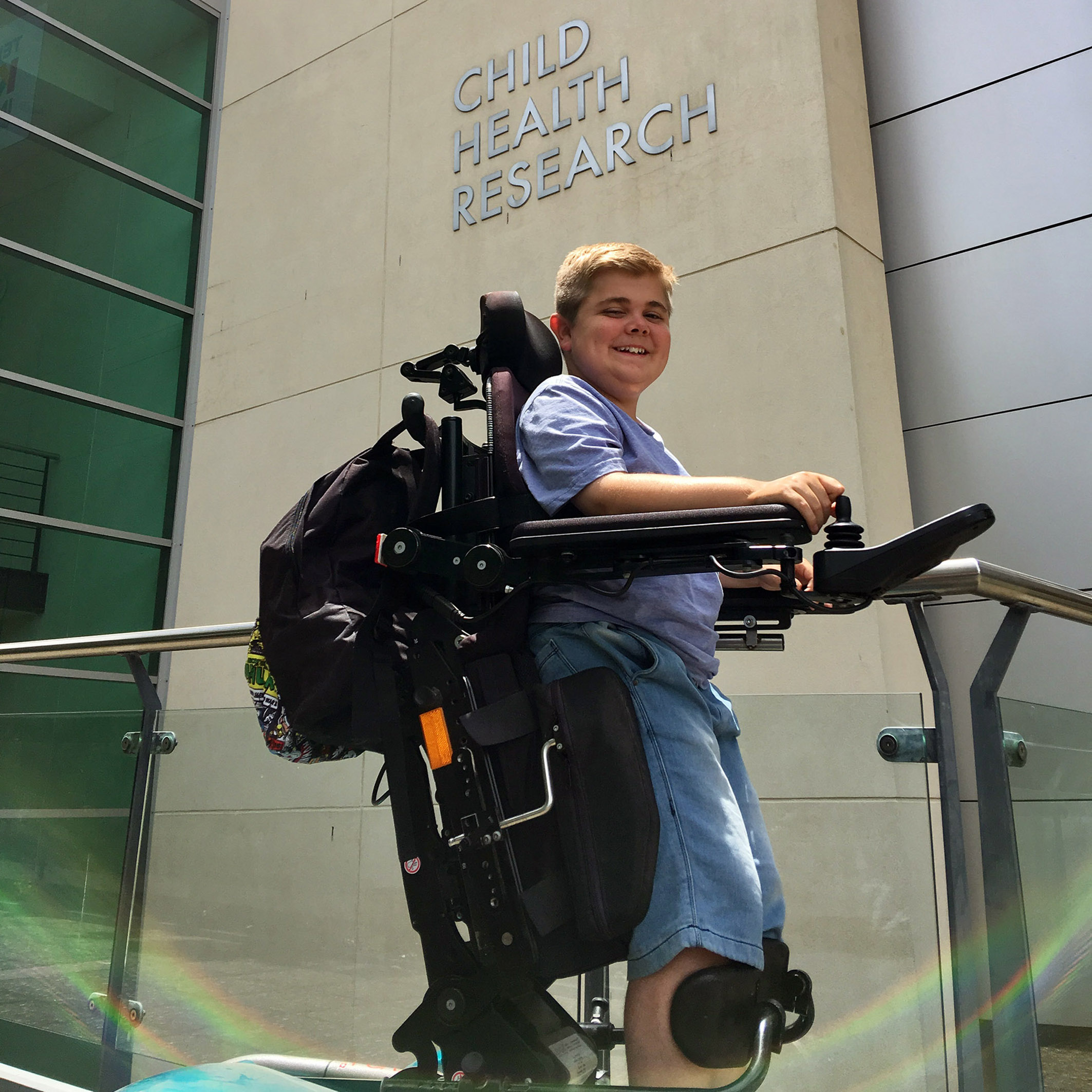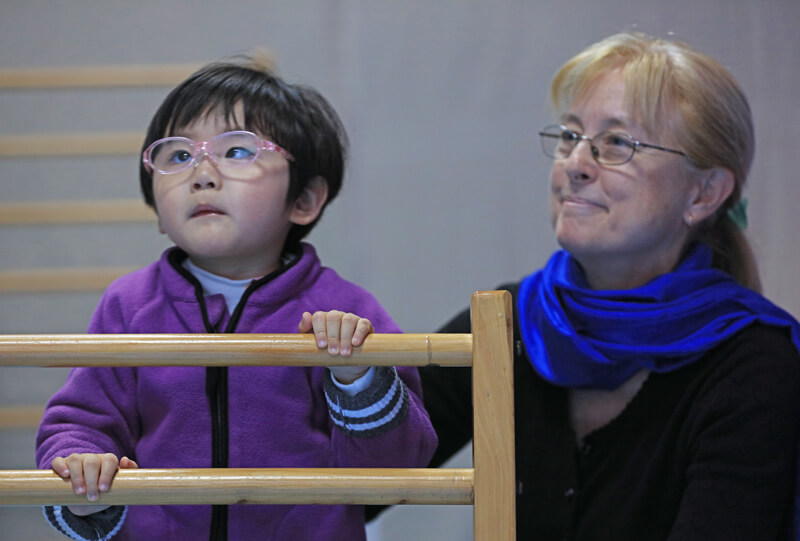Search
Research
Overnight monitoring of sleep biomechanics: A scoping reviewBody position and movement during sleep is assessed for both clinical and research purposes. A diverse array of both assessment tools and classification systems are used to capture and code sleep biomechanics data.
Research
Rett Syndrome Behaviour Questionnaire: Variability of Scores and Related FactorsRett syndrome (RTT) is a severe neurodevelopmental disorder affecting predominantly females and associated with variants in the MECP2 gene. Recent success in clinical trials have resulted in an expanded use of the Rett Syndrome Behaviour Questionnaire (RSBQ) for clinical and research purposes.
Research
The application of population data linkage to capture sibling health outcomes among children and young adults with neurodevelopmental conditions. A scoping reviewSiblings of children with neurodevelopmental conditions have unique experiences and challenges related to their sibling role. Some develop mental health concerns as measured by self-reported surveys or parent report. Few data are available at the population level, owing to difficulties capturing wide-scale health data for siblings. Data linkage is a technique that can facilitate such research.

News & Events
Funding to support research into the impact of standing wheelchairsThe Kids researchers are investigating the physical and psychological impacts of powered standing wheelchairs for boys suffering from Duchenne

Research
Can RESPiratory hospital Admissions in children with cerebral palsy be reduced? A feasibility randomised Controlled Trial pilot study protocol (RESP-ACT)The most common cause of morbidity and mortality in children with severe cerebral palsy (CP) is respiratory disease. BREATHE-CP (Better REspiratory and Airway Treatment and HEalth in Cerebral Palsy) is a multidisciplinary research team who have conducted research on the risk factors associated with CP respiratory disease, a systematic review on management and a Delphi study on the development of a consensus for the prevention and management of respiratory disease in CP.
Research
Psychometric Properties of the EQ-5D-Y-5L for Children With Intellectual DisabilityThe EQ-5D-Y-5L is a generic preference-based measure of health-related quality of life for children. This study aimed to describe the distributional properties, test-retest reliability, and convergent validity of the EQ-5D-Y-5L in children with intellectual disability (ID).

Improving the lives of children with a disability and their families sits at the core of our team.

News & Events
Research enriching the lives of girls with Rett syndromeA program developed by The Kids Research Institute Australia researcher Dr Jenny Downs has led to dramatic improvements in the functioning of Chinese children with Rett syndrome, and could change the world.
Research
Investigating the impact of developmental coordination difficulties across home, school, and community settings: Findings from the Australian Impact for DCD surveyTo evaluate the participation difficulties experienced by children with developmental coordination disorder in home, school, and community environments.
